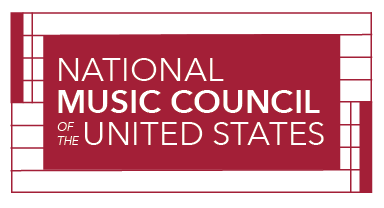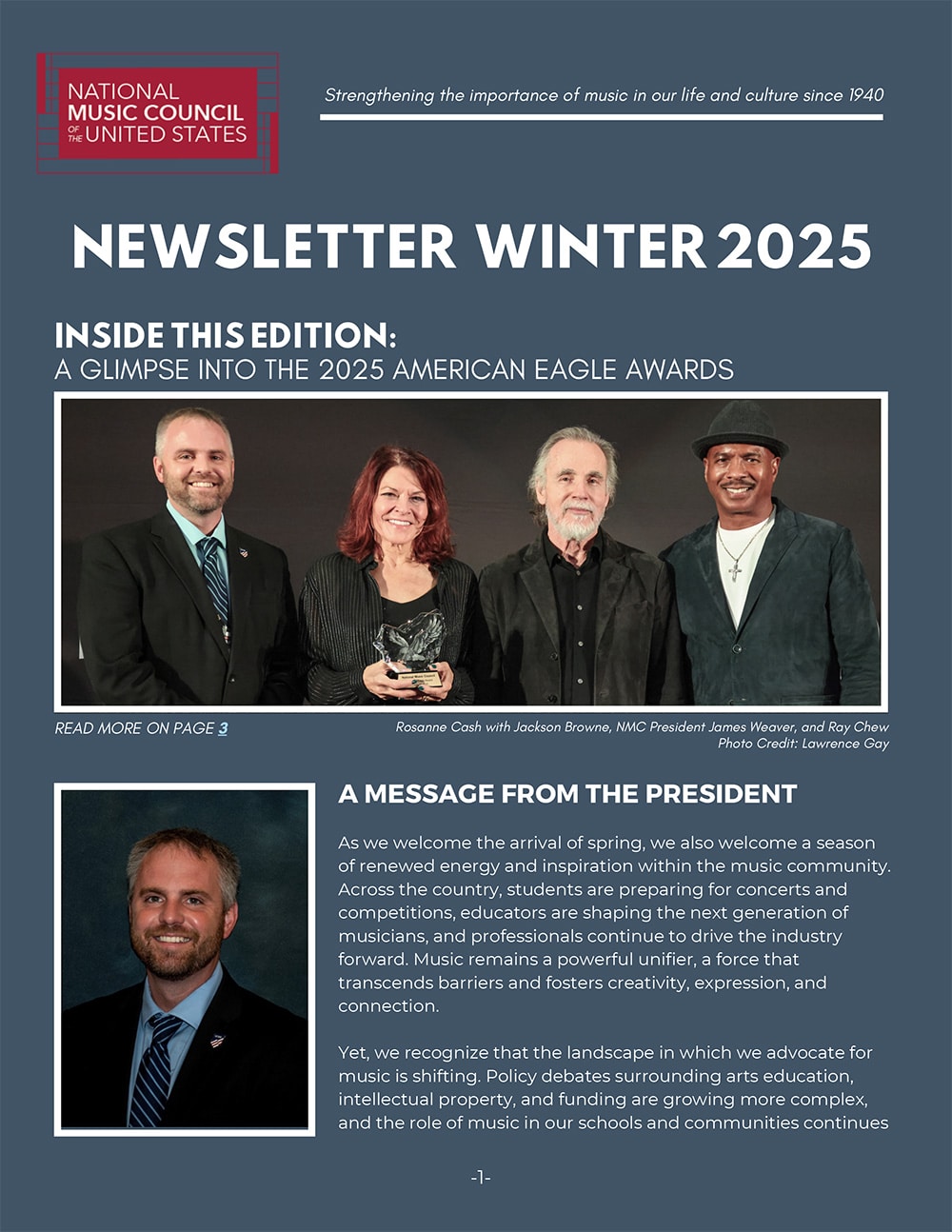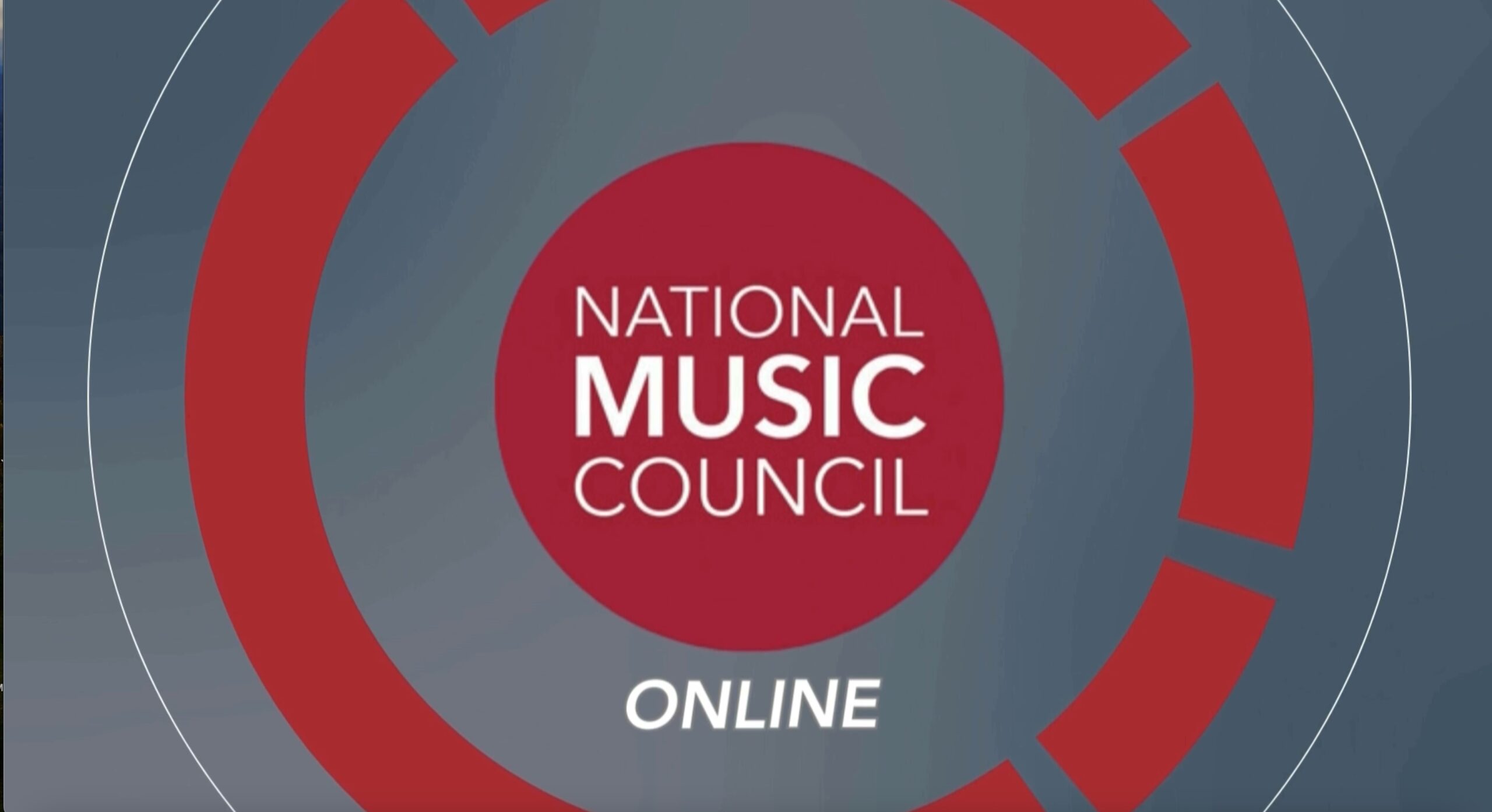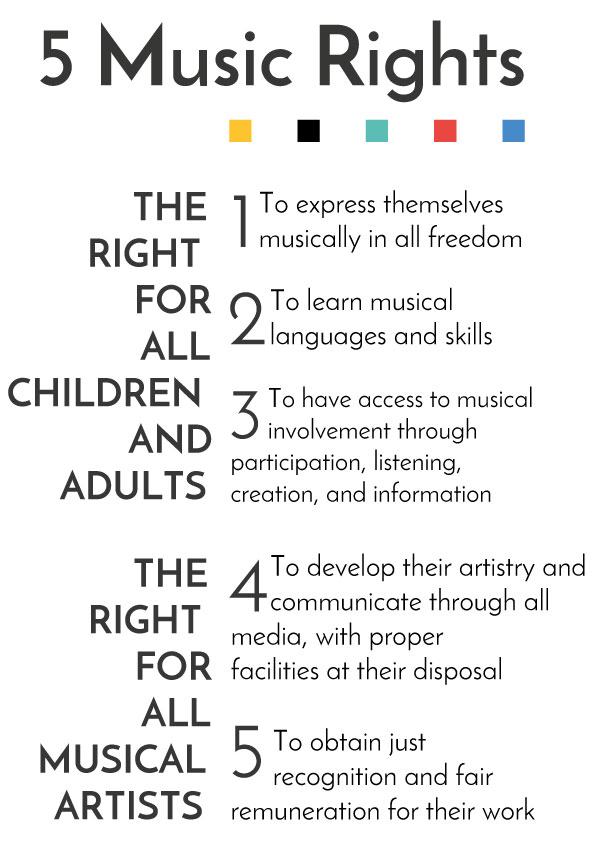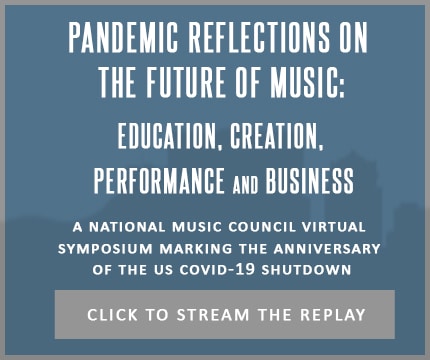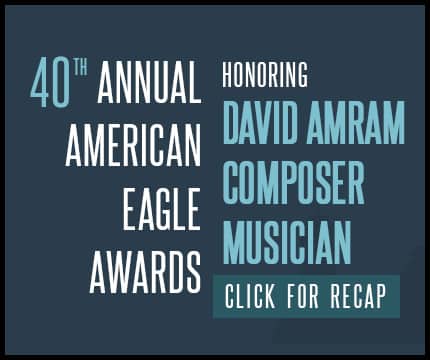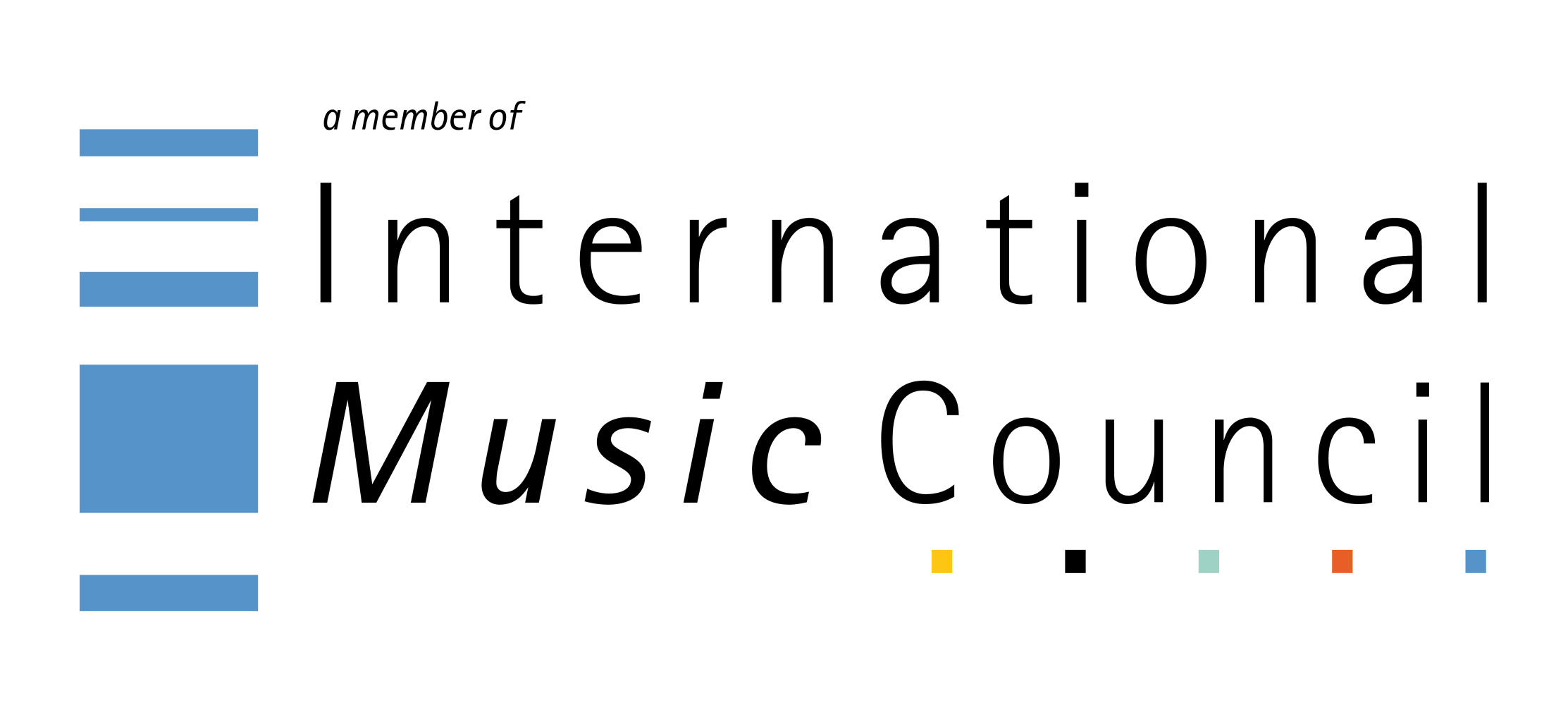National Music Council Letter to the New Congress for Arts Advocacy Day 2017
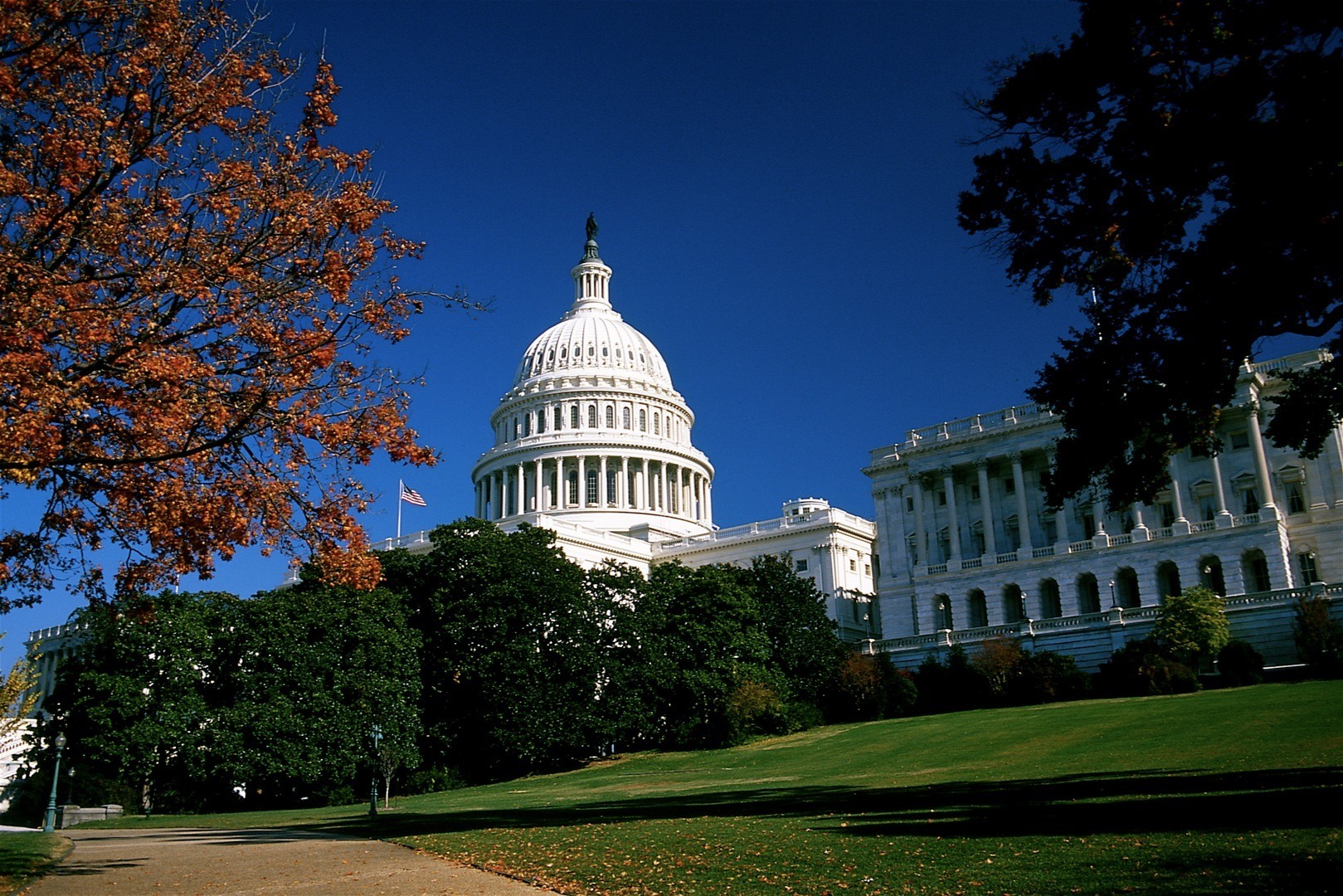
The members of the National Music Council, who together represent some one million individuals, are unified in a commitment to support music education because we know how much a balanced, sequential education that includes music can bring to the development of our young people. We have all, individually and collectively, seen the impact that music education has on the social, physical, and intellectual growth of students. We have all watched with growing interest the explosion of research that backs up our long-held belief in the essential importance of music education.
Sadly, we have also seen the growth of forces that stand in the way of every child receiving the benefits of music education. Sometimes these forces are political; sometimes they are budgetary; and sometimes they are simply administrative. In all cases, however, they can be easily overcome with a simple commitment (reflected in legislation and in funding) to providing our children with the benefits of music education.
In light of this, we ask your commitment for the following legislative recommendations:
• Complete the Appropriations Process for Fiscal Year 2017: If another stopgap spending measure is applied to finish the remainder of the Fiscal Year, Every Student Succeeds Act’s (ESSA) first year of implementation would be severely hampered
• Follow ESSA’s congressional intent, and ensure states, districts, charters, and local schools have the most flexibility to spend their federal dollars where needed. Robust funding for all well-rounded programs, including Title IV, Part A, must be a priority to protect this flexibility.
• Support Access to Music Education for the Most Disadvantaged Students by Fully Funding Title I, Part A
• Support Professional Development for Music Educators by Fully Funding Title I, Part A, Title II, Part A and Title IV, Parts A and F
• Support Access to Music Education as Part of a “Well Rounded Education” by fully funding Title IV, Part A
We will all benefit from these measures: the music industry, which contributes significantly to our national economy; professional performers, who add immeasurably to our communities; composers, arrangers, and publishers, who bring the riches of creation to our national life; and most of all, our children. We thank you for your consideration of these important goals, which will benefit not only our children, but will ultimately increase the creative output of American composers and musicians to the betterment of not only the social fabric of the United States, but also the economy.
Founded in 1940 and chartered by the 84th Congress in 1956, the National Music Council in a unique position to assist in these matters. We offer our collective expertise in providing you with any documentation or information that might serve you, and our gratitude for your support.
